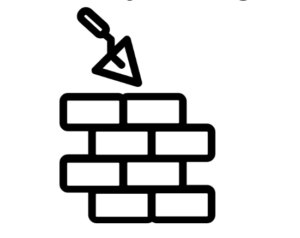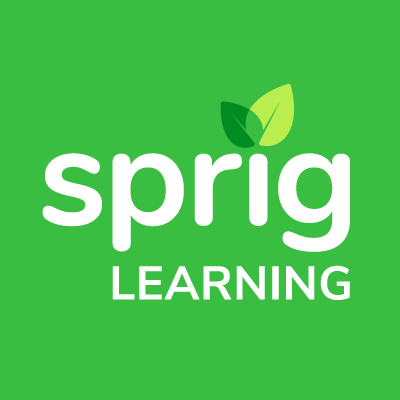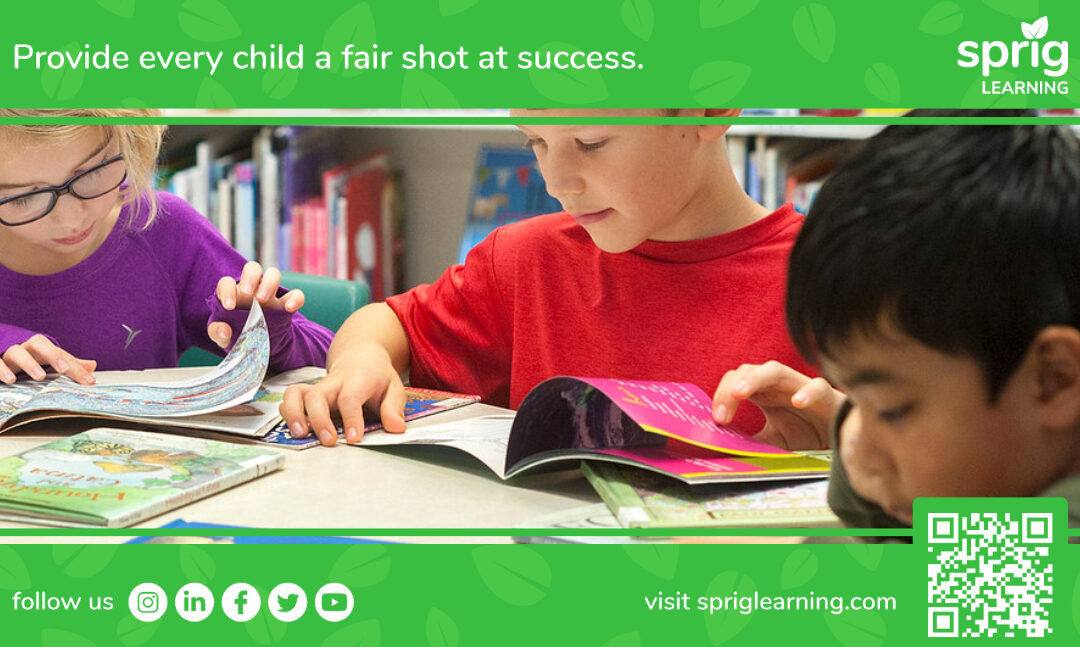The journey from emergent literacy to reading mastery is a crucial phase in a child’s development. Emergent literacy is the beginning. Reading mastery is the desired result.
Educators play a vital role in guiding students through this transformative process.
By understanding the milestones and implementing effective strategies, more students can become confident and proficient readers.
In this blog, we will delve into the path of emergent literacy to reading mastery, exploring key stages and evidence-based approaches that will take an early learner beginning to show signs of literacy to a proficient reader.
Stages of Literacy Development

There are many versions of literacy development stages, varying in complexity and the number of stages.
Every child is unique. Some learn certain skills quicker than others. Some require more rigorous practice at certain skills than others.
To account for a diverse classroom, it is helpful to have a roadmap of learning progressions across
To keep it very simple, we can envision the reading progress of every child to evolve from an emergent reader, to an early reader, to a proficient reader.
There can be many more progressions described in between these three stages, but in general, the expectation should be for every child to progress through these stages where they are able to demonstrate certain reading skills.
The mentioned stages and their corresponding age levels are as follows:
Emergent Reading
The emergent reader is completely new to reading. They are learning their alphabet and understanding the relationships between letters and sounds. They are also being exposed to concepts of print.
Early Reading
The early reader is able to read simple sentences and has a good understanding of phonological awareness. They would have mastered the alphabet by now. They are familiarizing themselves with a growing bank of high frequency words.
Proficient Reading
The proficient reader is able to read fluently using all reading skills learned prior with minimal effort. They are also able to comprehend everything they are reading with their growing vocabulary, knowledge of print concepts and oral language skills.
Emergent Literacy: The Foundation of Reading

Emergent literacy lays the groundwork for future reading success. It encompasses developing alphabet knowledge, phonics, phonological skills, print awareness and vocabulary.
Let’s take a closer look at each to see what can be done in the classroom to provide the type of strong foundation every child needs for reading success.
Alphabet Knowledge, Phonics & Phonological Skills
Alphabet knowledge, phonics and phonological skills are essential to emergent readers, as they are the key building blocks for reading success.
It is important to incorporate phonological awareness instruction by introducing letter-sound correspondence and teaching basic phonetic patterns.
Phonemic awareness is the ability to identify and manipulate individual sounds in spoken words. It is a crucial component of emergent literacy and must be taught well in order for the student to develop strong decoding skills.
Teachers can utilize interactive activities such as sound segmentation exercises, and word blending exercises to strengthen phonemic awareness skills.
Effective phonics and phonological skills instruction enhances students’ decoding abilities and paves the way for reading fluency.
Print Awareness
Print awareness, that is, understanding how print works, is crucial for emergent readers.
It involves recognizing letters, words, and sentences, and can be fostered through activities like shared reading and exposure to print in the classroom environment.
Indeed, building a literacy rich environment is featured as one of the four golden rules of early literacy development.
Read-alouds, where the teacher reads to the class, is a fun classroom activity that can be both engaging and enriching to the early learning experience for the child.
Students familiarizing themselves with text through group, shared or individual reading sessions, are great opportunities to practice some of the taught reading skills.
Vocabulary Development
Building a strong vocabulary is vital for reading comprehension. Students with an extensive vocabulary have greater comprehension abilities. It’s important for teachers to incorporate vocabulary-building exercises and word games into lessons.
Teachers can enhance vocabulary development by providing exposure to diverse texts and explicitly teaching new words. It’s important to offer a comprehensive approach in vocabulary that includes high frequency word instruction and advanced word study.
Building Fluency and Comprehension
Fluency, the ability to read with accuracy, speed, and proper expression, is a crucial aspect of reading mastery. But it is also needed for the emergent reader.
Teachers can support fluency development by incorporating repeated reading, modeled reading, and opportunities for oral reading practice
Additionally, developing comprehension skills through explicit instruction in strategies like predicting, questioning, clarifying, and summarizing enhances students’ ability to understand and analyze texts.
Early Reading: Building on The Foundation

Once a solid reading foundation has been acquired, it’s important to continue building on that foundation so children can read at-grade level with every promotion.
Vocabulary Development and comprehension especially, has a big impact at this stage. So while these skills are n covered in the emergent reading stage, vocabulary development and comprehension will further grow in the early reading stage, where the early learner is able to combine their decoding skills and reading fluency with a larger vocabulary and language skills to result in greater reading comprehension.
It’s interesting to note how every single foundational reading skill is used by themselves and with each other to result in becoming a stronger reader.
Thus, it’s very important to assess all skills individually to identify the best way to support each child in their reading. In fact, pinpointing problem areas in the early literacy journey is featured as one of the five hidden gems for teaching reading in schools.
Individualized Instruction and Assessment.
Each student progresses at their own pace. Thus, educators have to individualize instruction and tailor activities to meet their unique needs.
Student progress should be assessed regularly using formative and summative assessments to identify areas of growth and areas that require additional support.
This personalized approach ensures that students receive the guidance and attention necessary for their development as confident readers.
Reading Mastery: Capitalizing on The Foundation

An early reader, when taught well in line with evidence-based instruction, will graduate to a proficient reader, barring any medical or unforeseen circumstances.
They now understand basic decoding concepts, have developed a substantial base vocabulary, and familiarized themselves with print and language concepts to come to a point where they can read and understand text at their grade level!
The journey from emergent literacy to reading mastery is a transformative process that requires intentional and evidence-based instruction.
By focusing on emergent literacy and building a strong foundation which you can build on, teachers can nurture their students’ reading abilities and guide them towards reading mastery.
Remember, the journey from emergent literacy to reading mastery requires patience, dedication, and a commitment to not only explicit reading instruction, but fostering a love for reading in every student.
If you are curious about the connection between phonics and phonological awareness, or fluency and comprehension, there is an amazing event at the end of August that will precisely answer such questions.
Learn how these foundational skills intertwine, enabling you to create a cohesive and engaging learning journey for each student. Uncover strategies for designing joyful learning experiences that seamlessly guide students through these skills.
The event will also showcase sessions on creating dynamic practice centers, facilitating skill mastery, and invisibly integrating these approaches into the classroom. Register now to secure your spot.

